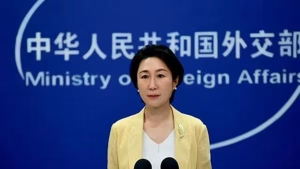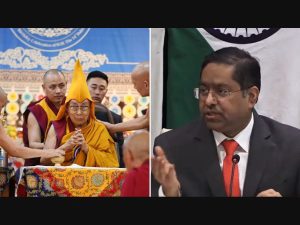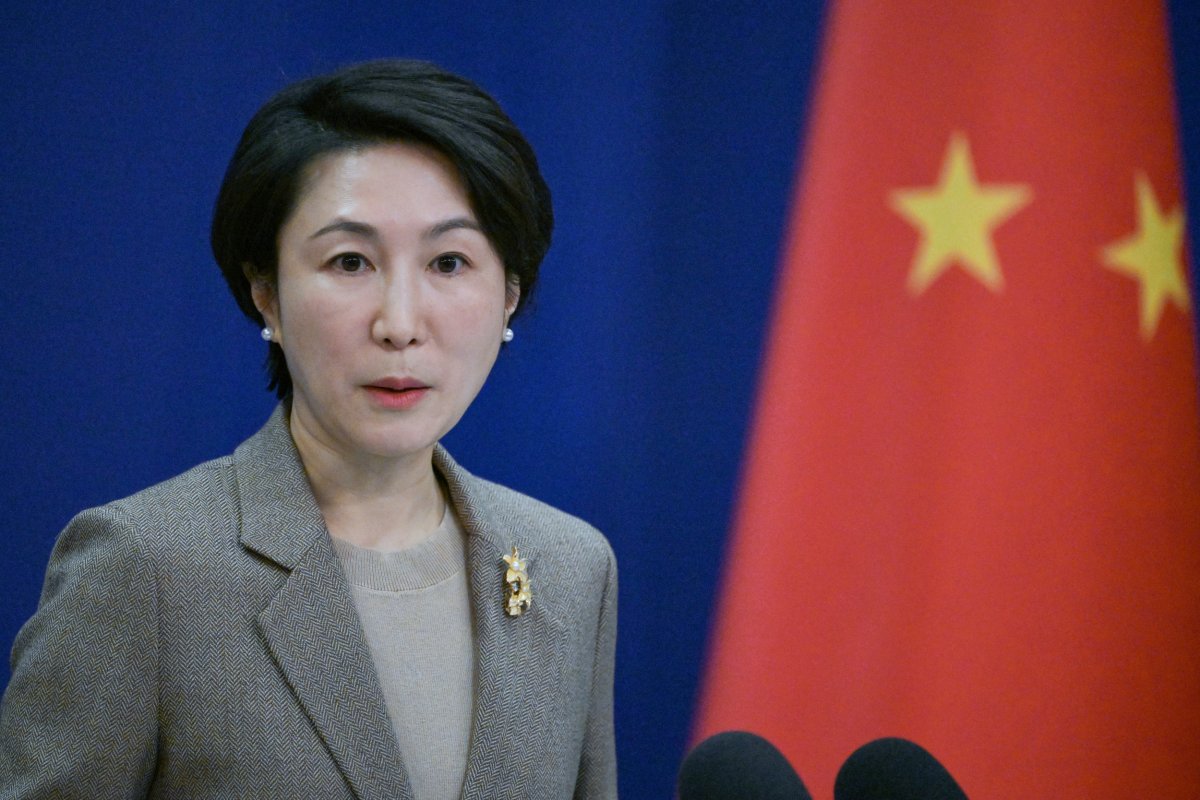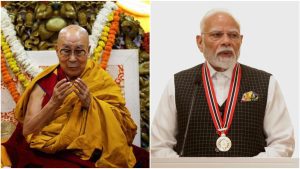New Delhi – The latest diplomatic friction between India and China has intensified as China Protests PM Modi Greetings To Dalai Lama on the Tibetan spiritual leader’s 90th birthday celebrations. Chinese Foreign Ministry spokesperson Mao Ning confirmed that Beijing has formally protested to India regarding Prime Minister Narendra Modi‘s birthday greetings and the presence of Indian ministers at the commemorative events held in Dharamshala.
The controversy erupted after PM Modi posted birthday wishes on social media platform X, praising the Dalai Lama as an “enduring symbol of love, compassion, patience and moral discipline.” This gesture, along with the attendance of senior Indian officials at the week-long celebrations, has drawn sharp criticism from Beijing, marking another chapter in the complex India-China relationship.
Chinese Ministry’s Strong Response

During the daily press briefing on July 7, 2025, Chinese Foreign Ministry spokesperson Mao Ning addressed the situation directly. The fact that China Protests PM Modi Greetings To Dalai Lama reflects Beijing’s continued sensitivity regarding Tibet-related matters. Using the Chinese term ‘Xizang’ for Tibet, Ms. Mao emphasized that India needs to be “fully cognizant of the sensitivity of issues related to Xizang.”
The Chinese spokesperson characterized the 14th Dalai Lama as having an “anti-China and separatist nature,” demanding that India honor its commitments to China on Tibet-related issues. Ms. Mao’s statement that China Protests PM Modi Greetings To Dalai Lama underscores Beijing’s unwavering stance on what it considers interference in China’s internal affairs.
Indian Government’s Historical Practice
Despite the Chinese objections, Indian government sources have clarified that Prime Ministers have a long-standing tradition of extending birthday wishes to the Dalai Lama. This practice has continued across different administrations, with some occasions involving telephone conversations between Indian leaders and the Tibetan spiritual leader.
The current situation where China Protests PM Modi Greetings To Dalai Lama is not unprecedented. Former Prime Minister Manmohan Singh met the Dalai Lama twice during his tenure in 2004 and 2010, despite similar protests from Beijing. The continuity of this practice demonstrates India’s consistent approach to its relationship with the Dalai Lama, whom New Delhi considers an “honoured guest” and “spiritual leader.”
Also Read: Breaking: Xi Jinping Skips BRICS Summit 2025 for First Time Ever
High-Level Attendance at Dharamshala Celebrations
The recent birthday celebrations in Dharamshala witnessed significant participation from Indian officials, further intensifying the diplomatic row. Union Minority Affairs Minister Kiren Rijiju, Chief Ministers of Arunachal Pradesh and Sikkim, and the Deputy Chief Minister of Himachal Pradesh attended the festivities. This high-level representation has particularly irked Beijing, leading to the situation where China Protests PM Modi Greetings To Dalai Lama and the ministerial presence.
The attendance of these senior officials at the Dalai Lama’s 90th birthday celebrations represents a continuation of India’s policy of treating the Tibetan leader with respect and dignity. However, this approach has consistently drawn criticism from China, which views such gestures as legitimizing what it considers separatist activities.
Succession Controversy Adds Complexity


The diplomatic tensions have been further complicated by recent statements regarding the Dalai Lama’s succession. Minister Kiren Rijiju’s comments supporting the Dalai Lama’s exclusive right to decide on the succession of his line have drawn sharp reactions from Beijing. The Chinese government maintains that the Dalai Lama’s successor must be approved by the Chinese government, a position that conflicts with traditional Buddhist practices and the Dalai Lama’s own stance.
This succession debate adds another layer to the ongoing situation where China Protests PM Modi Greetings To Dalai Lama, as it touches upon fundamental questions of religious authority and Chinese sovereignty claims over Tibet.
India’s Consistent Position


The Indian Ministry of External Affairs has maintained its traditional stance on the Dalai Lama, emphasizing that he is considered an “honoured guest” in India. While the MEA clarified that the Indian government has “no position” on matters concerning beliefs and practices of faith and religion, the continued interaction with the Dalai Lama demonstrates India’s independent foreign policy approach.
The fact that China Protests PM Modi Greetings To Dalai Lama has not deterred India from maintaining its traditional ties with the Tibetan spiritual leader. This consistency reflects India’s broader approach to its relationship with Tibet and its spiritual leadership.
Historical Context and Long-term Implications
The Dalai Lama has been living in India since 1959, when he fled Lhasa following the Tibetan uprising against Chinese rule. Beijing has consistently labeled the 14th Dalai Lama, Tenzin Gyatso, as a “splittist,” despite his advocacy for the “middle way” approach that seeks greater autonomy and freedoms for the Tibet Autonomous Region rather than complete independence.
The recurring pattern where China Protests PM Modi Greetings To Dalai Lama highlights the fundamental differences between the two Asian giants on the Tibet issue. While China views any interaction with the Dalai Lama as interference in its internal affairs, India maintains that its relationship with the Tibetan leader is based on humanitarian and spiritual considerations.
Broader Diplomatic Implications


The current controversy extends beyond the immediate issue of birthday greetings. During the same briefing, Chinese spokesperson Mao Ning also addressed recent comments by Indian military officials regarding China-Pakistan defense cooperation. The fact that China Protests PM Modi Greetings To Dalai Lama occurred alongside discussions about China-Pakistan ties indicates the multifaceted nature of India-China relations.
Ms. Mao’s statement that China-India ties are at a “crucial stage of improvement and development” suggests that despite the protests, both countries recognize the importance of managing their differences constructively. However, the repeated instances where China Protests PM Modi Greetings To Dalai Lama demonstrate the persistent challenges in achieving complete normalization of bilateral relations.
Future Prospects


The situation where China Protests PM Modi Greetings To Dalai Lama reflects deeper structural issues in India-China relations. While both countries have made efforts to improve bilateral ties, the Tibet issue remains a constant source of friction. The fact that China Protests PM Modi Greetings To Dalai Lama on what is essentially a humanitarian and spiritual gesture indicates the sensitivity of this matter for Beijing.
As India continues to host the Dalai Lama and maintain its traditional relationship with him, similar protests from China are likely to continue. The challenge for both countries lies in managing these differences while pursuing broader cooperation in trade, border management, and regional security issues.

